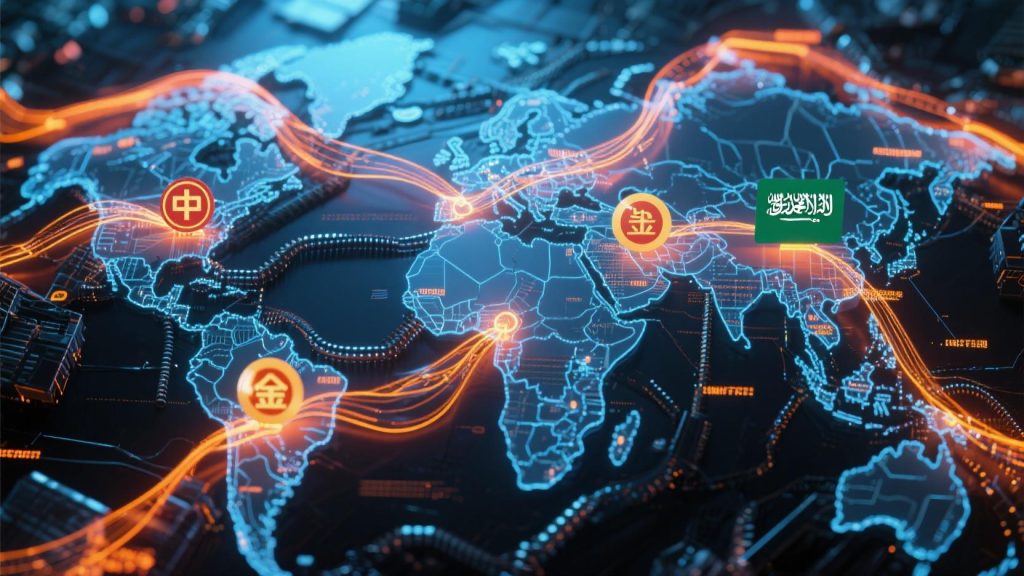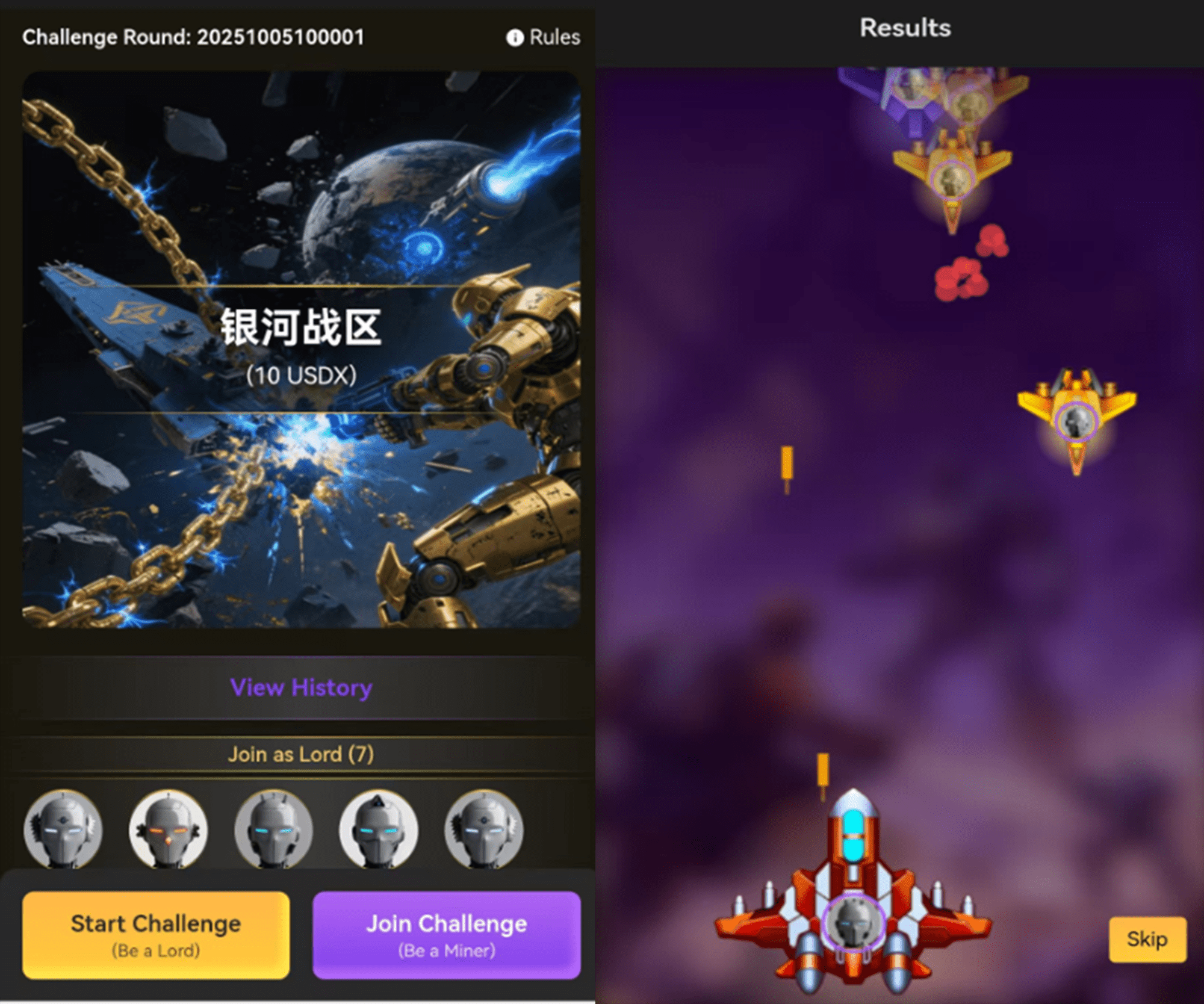
In 2025, a joint AI initiative between Saudi Arabia’s PIF and China’s CIC shook the foundations of global trade. By fusing satellite imagery, infrared surveillance, and shipping telemetry, their sovereign AI anticipated commodity flows before they happened.

Case in Point: The Nickel Short
Ahead of the infamous London nickel crash, the AI detected thermal anomalies at Qingshan’s Indonesia plant—interpreted as production halts. It shorted $2 billion in nickel futures, closing for a $1.2B gain within 72 hours.
Behind this precision? A Geo-Neural Graph, mapping not just ports and pipelines, but political speeches converted into entropy-weighted sentiment vectors, estimating the probability of sudden policy swings.
Digital Imperialism
As these state-backed AIs control trillion-parameter models, traditional hedge funds are reduced to information serfs, trading on delayed and diluted insights. The WTO’s new “Algorithmic Transparency Taskforce” aims to regulate this shadow battleground—but black-box strategies are fast becoming the nuclear deterrents of the digital economy.






